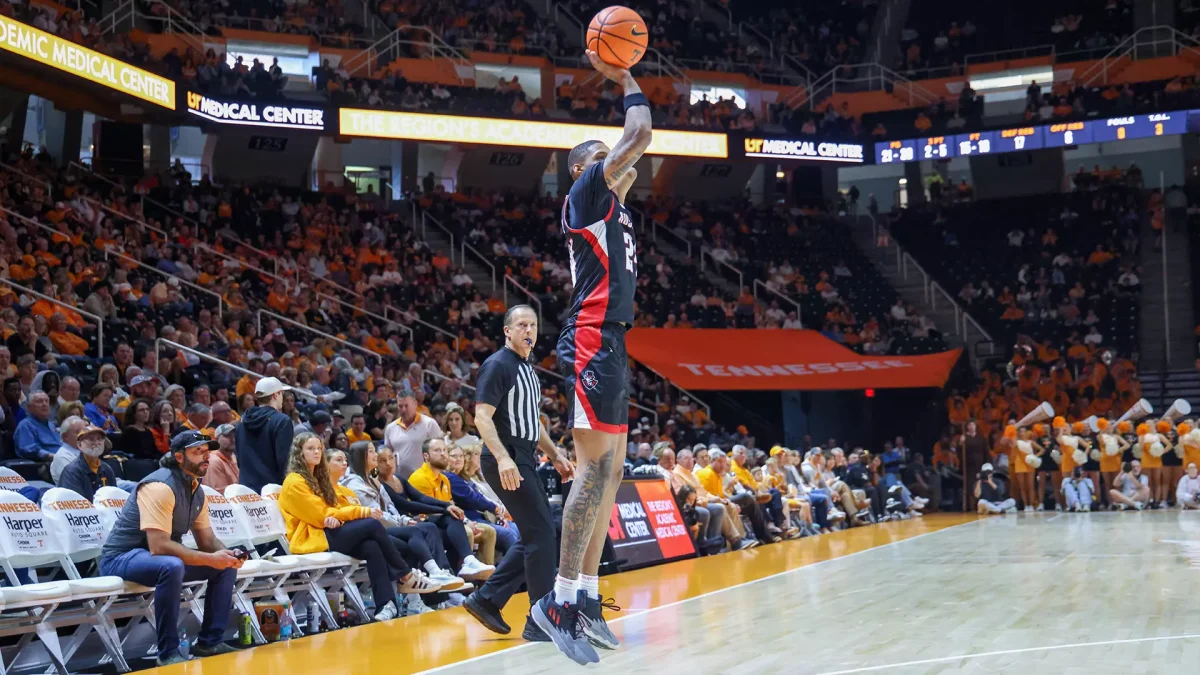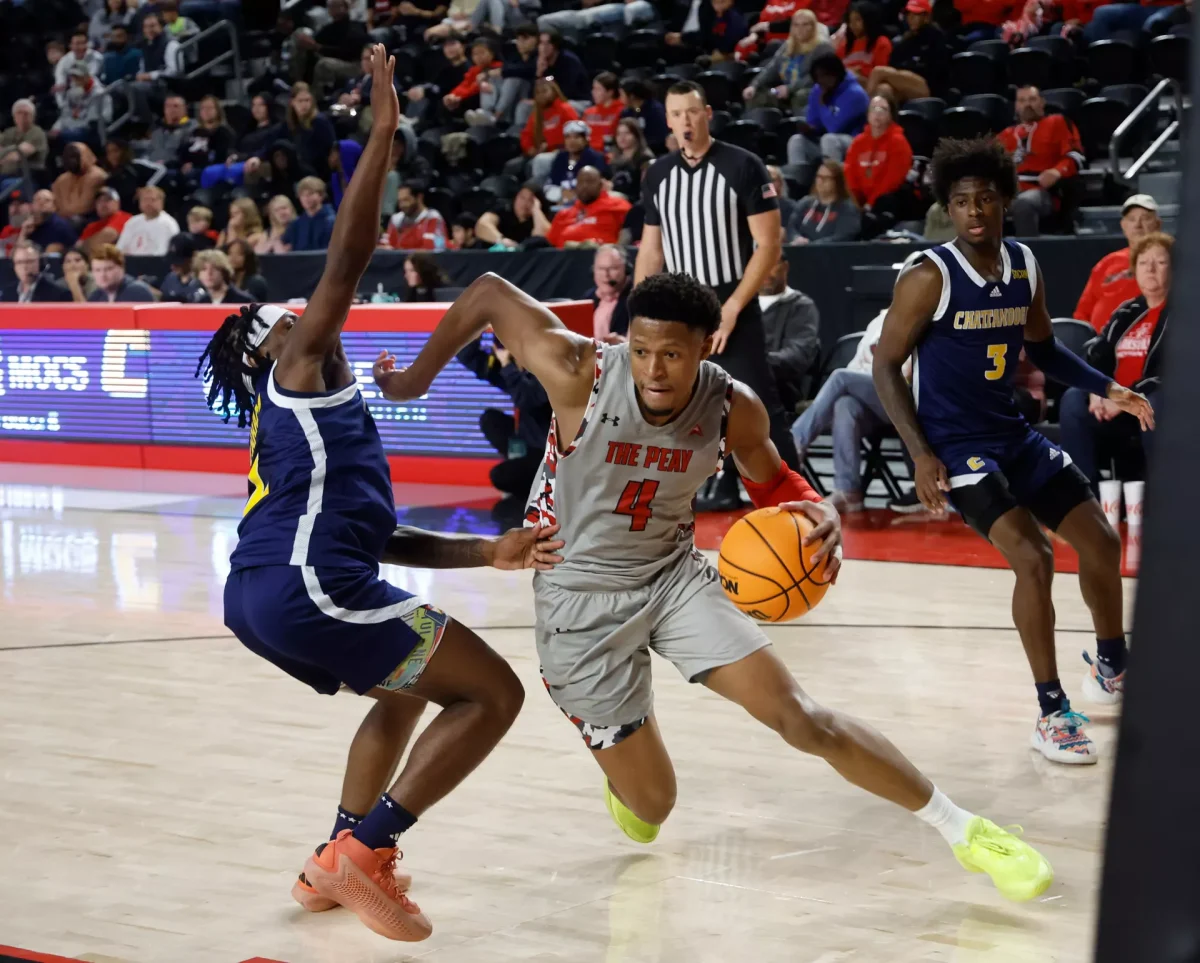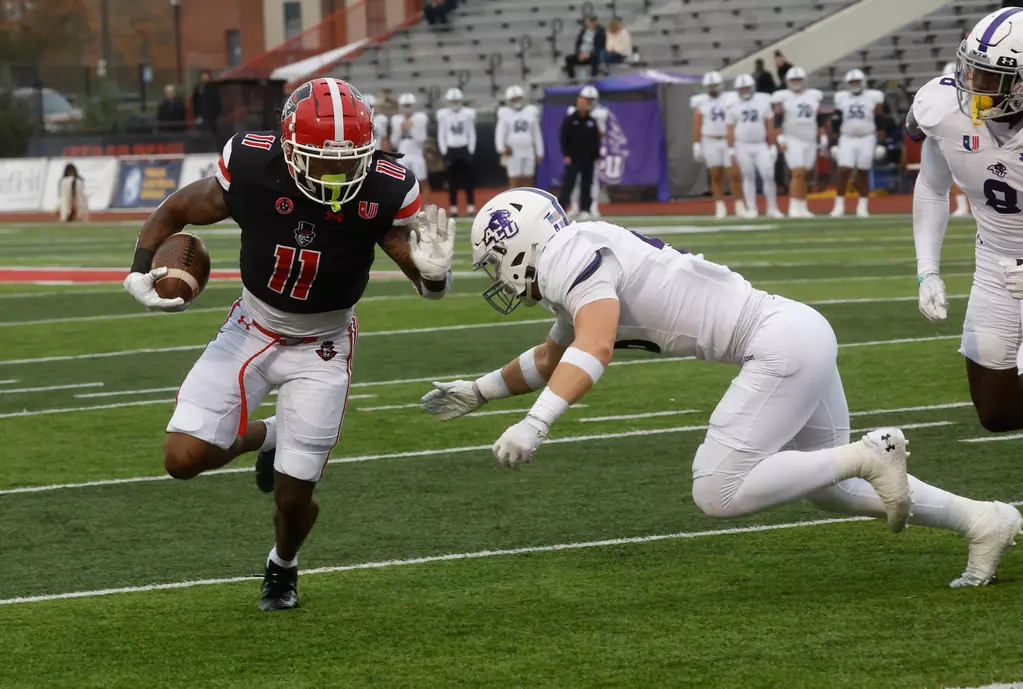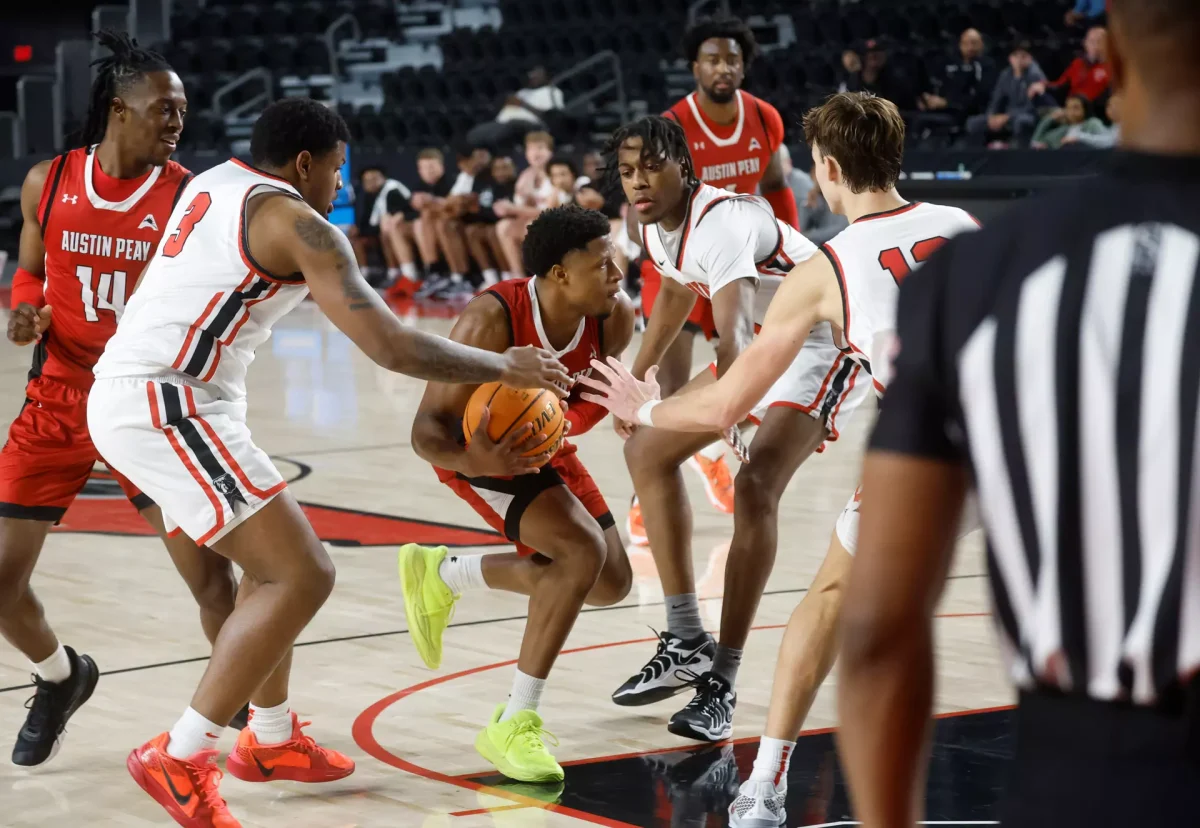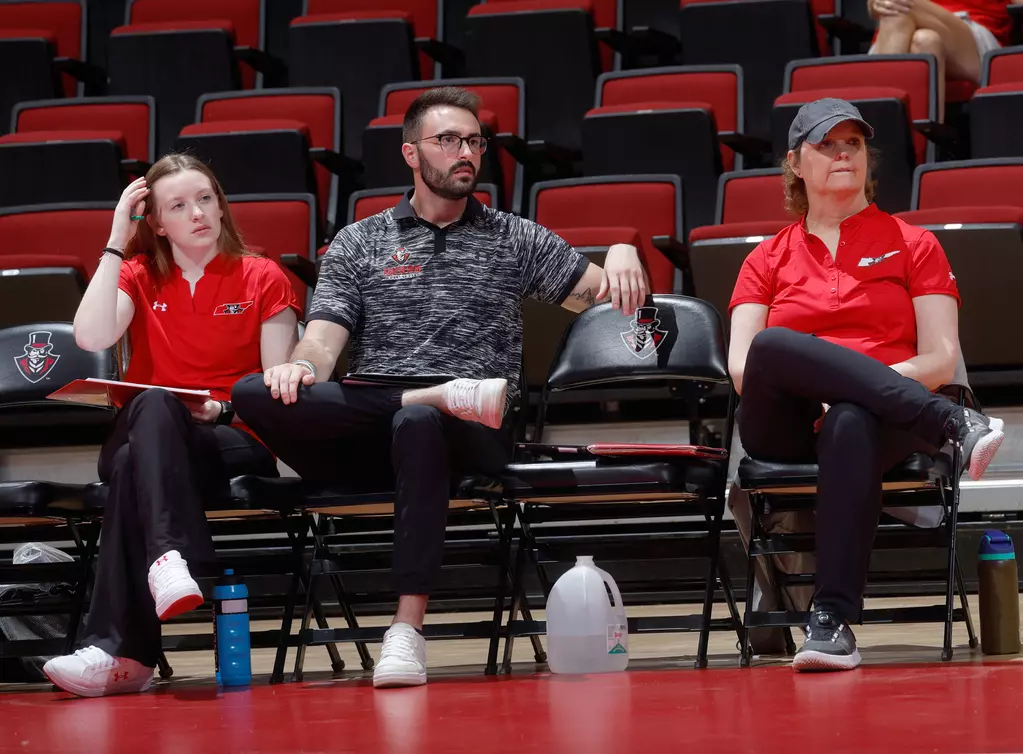» By TRENT SINGER – [email protected]
As the NFL concluded investigations of the New Orleans Saints’ alleged bounty scandal, commissioner Roger Goodell was forced to ensure bounties would end once and for all.
The commissioner handed out unprecedented suspensions and fines, suspending former defensive coordinator Gregg Williams indefinitely, head coach Sean Payton for the entirety of the 2012 season, assistant head coach Joe Vitt for six games and general manager Mickey Loomis for eight games.
On top of the suspensions, the Saints were forced to pay the maximum fine penalty of $500,000 for their actions.
The investigations found a bounty system had been put in place since the 2009 season.
Players were awarded thousands of dollars to injure the opposing team’s players and remove them from the game.
Throughout the duration of the Saints’ bounty program, quarterbacks such as Kurt Warner, Brett Favre and Peyton Manning were just a few of the many players targeted.
However, this isn’t the league’s first exposure to bounties.
According to the testimonies of many players, both retired and active, bounties have been a standing tradition among locker rooms throughout the NFL.
But Goodell’s decisions on Wednesday, March 21, sent a message to the rest of the teams in the NFL, and that message was simple: bounties will not be tolerated.
Fans of the NFL should all take the time out of their day and applaud what Goodell has done for the sport.
Not only did the commissioner’s sanctions show Goodell is aware of the importance of player safety, it also provided longevity for the NFL. Goodell needed to punish the Saints for a variety of reasons.
Perhaps most importantly, he did it to protect the purity of the sport.
For players to be paid to injure other players would be deemed unacceptable in any sport, therefore, Goodell needed to set the precedent in order to see it wouldn’t happen again.
In all fairness, the Saints’ punishments were rather harsh, but after Payton and Williams denied allegations of a bounty system, the rationale behind his sanctions are far more understandable.
In an interview with NFL Network’s Rich Eisen, Goodell spoke specifically about player safety.
“I don’t think you can be too hard on people that put at risk our players’ health and safety,” Goodell said.
Since defeating Indy in the Super Bowl several years ago, “The Big Easy” has come under an enormous amount of scrutiny. But Saints fans, do not worry.
Your team’s fall from grace is the prime example of how money has such a negative impact on the essence of sports. To then have the audactiy to lie to the league about your involvement?
“You have to be accountable and responsible in the NFL,” Goodell said to Adam Schefter in an interview on the matter.
Since becoming commissioner in September 2006, Goodell has received a tremendous amount of criticism from NFL fans for being too harsh on opposing defenses, often acknowledging his support for player safety.
In the aftermath of the 2012 bounty scandal, many of those same fans are now siding with the commissioner against bounties.
Despite its already violent reputation, there is absolutely no toleration for bounties in the NFL.
For now, Goodell has spoken, and for the sake of the single-most prized brand in professional sports, let’s hope the rest of the NFL is listening. TAS

